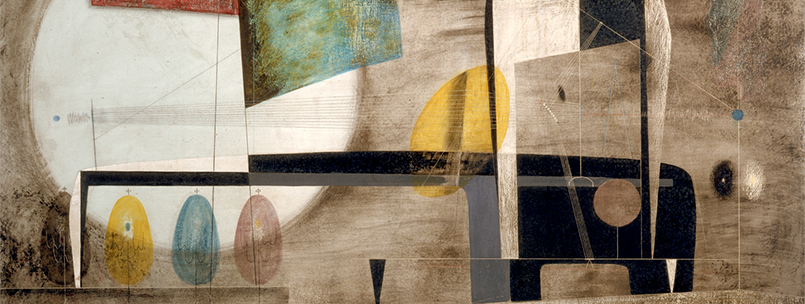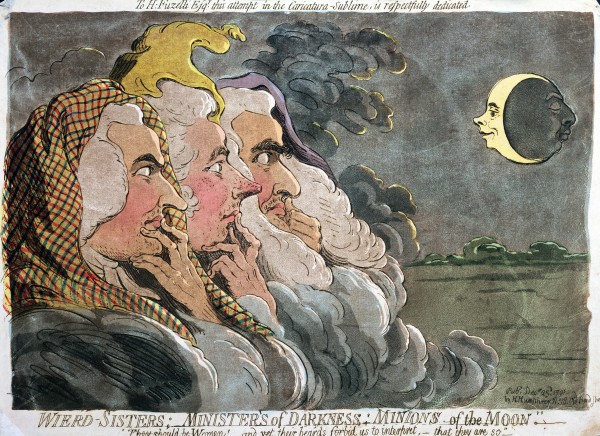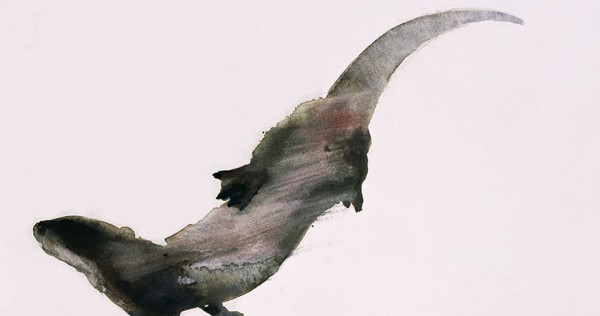
The Slipstream Mystery
Among the questions asked to a writer, the one regarding what genre his or her work fall into is a common recurrence. For a long time I dreaded that question, being unable to find a satisfactory answer. Fiction? Too broad. Science fiction? Too vague. Until I was finally told that my series, ‘The Fog Chronicles’, fitted into a niche literary genre: slipstream.
What is slipstream? I had never heard of this genre, so I went online and did some search. The term was first used by author Bruce Sterling in an article originally published in SF Eye #5 in July 1989. He defined it as “… a kind of writing which simply makes you feel very strange; the way that living in the twentieth century makes you feel, if you are a person of a certain sensibility.” As it hardly sheds more clarity on the concept, I dug a bit deeper, going through many articles and literary critic reviews on what this genre encompasses. Here is what I gathered: Slipstream is sometimes referred to as “the fiction of strangeness”, “the new weird”, “fantastika,” “interstitial”, and both authors and critics seem to agree that it is, well, a slippery genre to pinpoint. More than a specific category, slipstream refers to novels with an approach, a feel even, that have in common – to a stronger or lesser degree – a surreal, unreal or anti-real touch. It crosses boundaries between speculative and mainstream fiction by blending science fiction, fantasy, and literary fiction. There is no specific way to achieve the slipstream effect: what matters is the fantastic if not strange experience it creates.

Weird Sisters; Ministers of Darkness; Minions of the Moon, published by Hannah Humphrey, 1791 by James Gillray / © Courtesy of the Warden and Scholars of New College, Oxford
Most individuals do not enjoy being labelled and put in a box. Similarly as an author, being pigeonholed into a specific genre is unpleasant. However, the elusive concept of Slipstream attracts me. Simply by trying to define it, one already enters the essence of weirdness that characterises it. The reader is floating between the real and the surreal. The world within slipstream literature is more often than not based on ours, with average, normal people displaying the same reactions, emotions, fears and hopes as you and I would. It is this normality in the face of unusual circumstances that marks the eeriness feel of the genre. The writing, too, is inventive. It bends the mind not just of the reader, but of the writer as well. Often I found my plots, words and style changing along with the unexpected turns in my stories. Yet there is always a logic behind the fantastic of the unfolding events which enables the creation a new or alternative reality. It is a very challenging, original, empowering way of writing, less conventional and more experimental. My search led me to believe that it is not only a genre but a kind of writing, with an emphasis on style, giving slipstream its literary essence.
Writing a fiction that weaves the real and the unreal is taking a risk. Weird is not the most obvious selling point for a novel and might alienate readers. However, despite the term defining this genre being relatively unknown, its audience is growing rapidly. Many authors have enjoyed best-selling successes with some of their novels qualifying as slipstream: Margaret Atwood, Anthony Burgess, Haruki Murakami, Don DeLillo, John Banville, John Fowles, Paul Auster and Dino Buzzati. Even Gabriel Garcia Marquez has been referred to as a slipstream author! It proves that readers are open-minded to the laws being broken in literature, maybe because it symbolically reflects that the modern world doesn’t make much sense either.
And so, what is the point of labelling a book to a literary genre? With the rise of internet and the possibility of multiple categories and keywords for each book on the virtual shelves, the wide range of niche and new labels actually render them meaningless. From ‘Chick Lit’ to ‘Women Sleuths’, passing by ‘Nordic Noir’ to ‘Occult Horror’ or ‘Metaphysical & Visionary’, in all honesty, I have been lost among the online sections of book retailers for a long time. In addition, to complicate matters for my own work, more often than not there is not even a ‘slipstream’ section. So what will it be? Which sub-sub-sub category should my novels fall into? From an author’s point of view, whatever more mainstream genre my work might be labelled, it will never be as perfectly wonderfully strange and unexpected as ‘Slipstream’.

